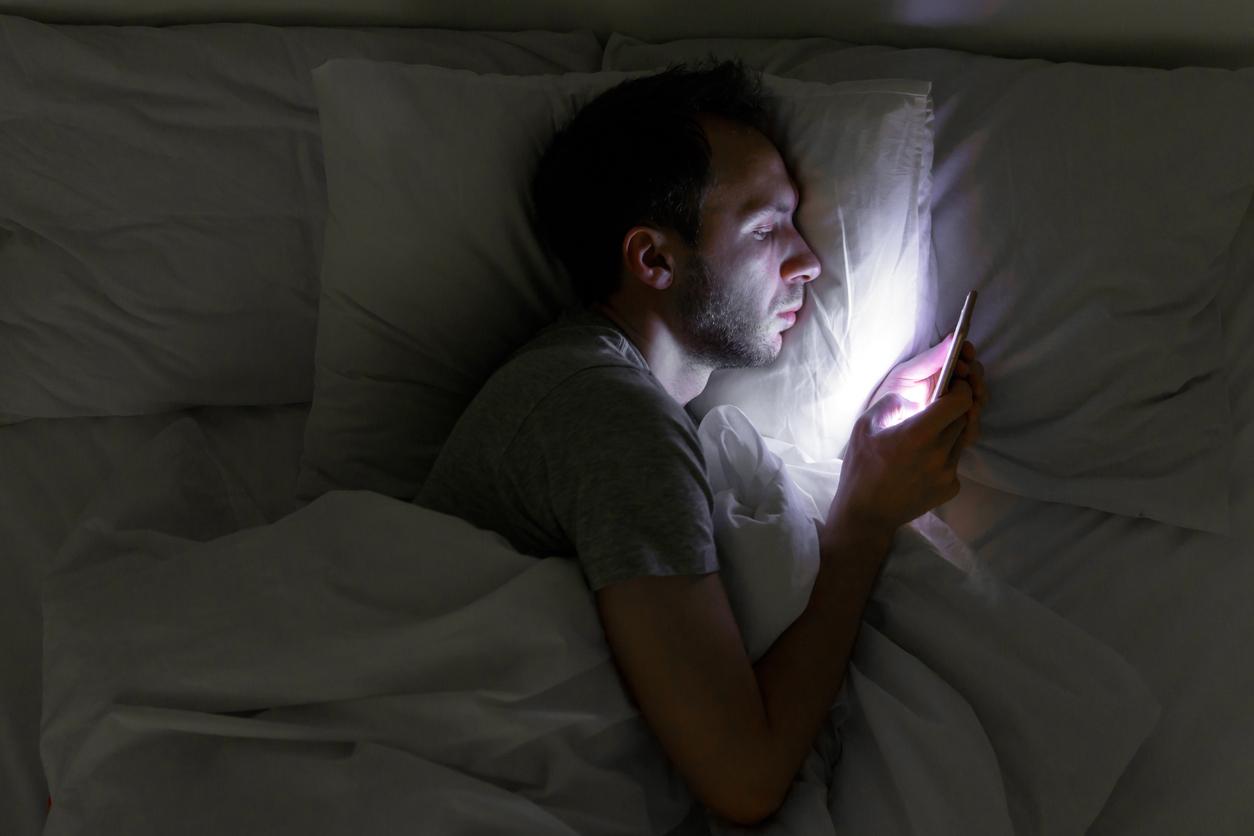This weekend, on the night of Saturday to Sunday March 23, we will switch to summer time: at two o’clock in the morning, it will be three o’clock. One hour less of sleep that can have a real impact on our body. We give you some tips that can mitigate the effects.

- Daylight saving time has proven effects on our health
- The effects on our circadian rhythm would be accentuated by the general lack of sleep of the French population, estimated between 30 and 90 minutes per day according to studies (60 minutes according to the 2022 barometer of the National Institute of Sleep and Vigilance)
- In March 2019, MEPs voted to abolish the time change. The application of the measure has been postponed to a later date.
Even if it rhymes with sunny evenings and reduced electricity consumption (welcome to this period!), the transition to summer time does not only have positive effects. Indeed, the scientific literature shows that the change of time, and particularly the transition to summer time, can have harmful consequences on our health which are not to be underestimated.
The transition to summer time, more difficult
Indeed, this change impacts our circadian system – our internal biological clock, influenced by daylight, which makes our body program certain hours for certain functions such as digestion, hormone production, our sleep, our appetite. Breaking this rhythm can lead to illnesses: sleep disorders, alertness, depression, myocardial infarction and strokes.
Daylight saving time would be more difficult to manage given the loss of one hour of sleep on one side and the fact that the biological clock would have to be advanced by one hour, which would increase the efforts made by our body to try to catch up.
Several months of adaptation
The body’s adaptation varies from one individual to another and can last from a few days, for morning people, to several months for people who tend to be more efficient in the evening. An adjustment before and over the week following the time change is recommended to avoid fatigue: go to bed as early as possible to avoid being delayed, forget about screens two hours before going to bed, expose yourself to sunlight from sunrise to reset the internal clock and walk for 1 hour in the morning to activate the production of cortisol which helps the body to wake up well.
The elderly and children are more susceptible. This is why advancing bedtime and meal times by 15 minutes the week before the time change will make the shock less severe. For adults, it is essential to rest and empty the agenda, while the body gets used to it.
.

















